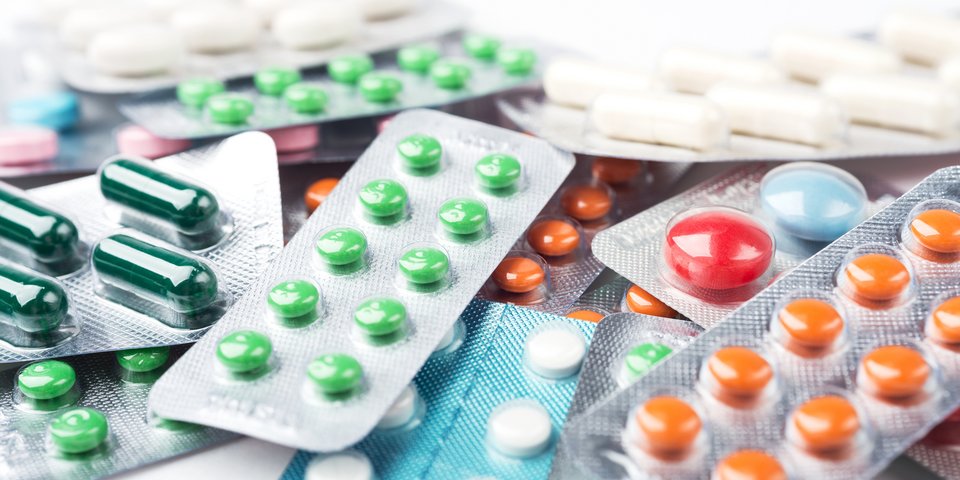 denisismagilov - Fotolia
denisismagilov - FotoliaHigh prices, doubtful benefits, supply shortages
Action must be taken regarding cancer medication.
UM – 02/2020
On 4 February, Health Commissioner Stella
Kyriakides launched Europe’s Beating Cancer Plan during an event in the
European Parliament. Doing nothing, she said, would result in the number of
cancer cases doubling by 2035. This would cause a massive burden to health,
social and financial systems. Something must be done!
The launch marks the beginning of a broad
consultation period. The EU Commission wants to present a draft action plan in
the fourth quarter. At the same time, a communication on a drug strategy is to
be published. Martin Seychell, Deputy Director General of the Directorate General
SANTE, confirmed that this is not a coincidence at the ‘Cancer Care in Europe:
Where are we in 2020?’ event organised by the European Federation of
Pharmaceutical Industries and Associations (EFPIA). Drug therapy is at the
heart of cancer treatment and with this comes the problems facing European
healthcare systems in terms of increasingly expensive medicinal products.
High prices – little benefit
Throughout Europe, the price of cancer
drugs have risen dramatically over the past two decades. These increases often
have little to do with the industry’s research and development efforts. Not all
new drugs are innovative with greater benefits for patients. They often have no
effect on prolonging life or improving the quality of life.
Healthcare inequalities
High prices are also one of the main
barriers to accessing medicines. What has not changed is the west-east divide:
In countries such as Poland, Romania, Bulgaria and some Balkan countries,
certain oncological drugs are not available at all. There are also noticeable differences
between high-income and low-income countries. Disparities in supply are also
the result of strategic business strategies put in place by the pharmaceutical
industry.
